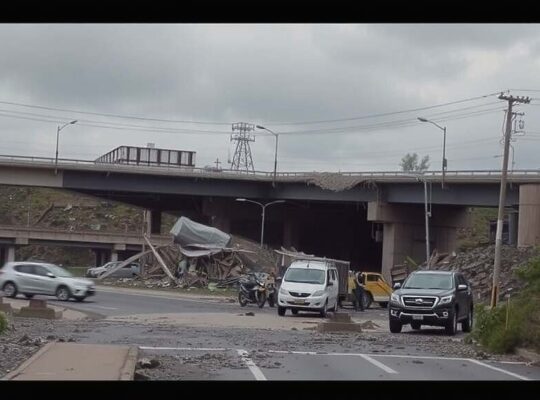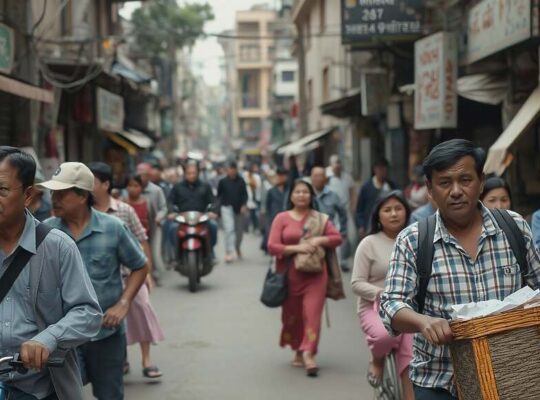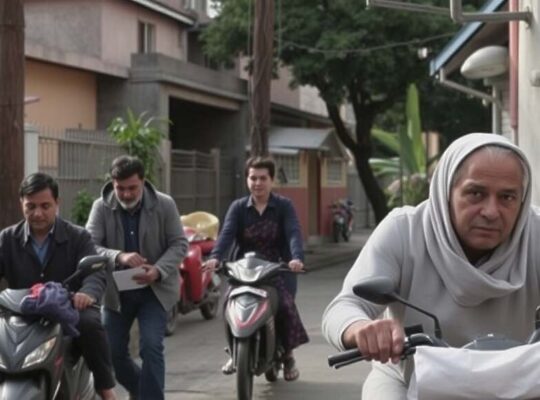A groundbreaking study published this week in the “American Journal of Transplantation” reveals promising results regarding the efficacy of RSV vaccination in individuals with severely compromised immune systems, a population previously lacking reliable data on vaccine effectiveness. Researchers at Saarland University have demonstrated a significant immune response and potential protection against the Respiratory Syncytial Virus (RSV) even in transplant recipients and patients with chronic kidney disease, marking a potential shift in public health strategies for vulnerable populations.
The study, involving 147 participants carefully stratified across several at-risk groups – 46 kidney transplant recipients, 30 lung transplant recipients and 19 patients with chronic kidney disease – provided a vital comparison against a control group of 52 individuals with intact immune systems. The findings represent a critical update, as existing RSV vaccine trials and approvals have largely focused on healthy adults and older individuals, leaving a significant gap in understanding potential benefits and risks for those with weakened immunity.
Researchers observed a noteworthy increase in CD4-T helper cells – essential components of the immune system – and nearly doubled antibody levels against RSV in all vaccinated participants, irrespective of their immunocompromised status. This robust immune response is particularly encouraging given the diminished capacity of these individuals to mount a typical immune response.
While the researchers stress the generally mild nature of adverse effects, primarily localized pain at the injection site, the report subtly raises questions about the potential for disparities in vaccine roll-out. Ethical considerations surrounding prioritization and resource allocation within vulnerable groups will become increasingly pertinent as RSV vaccination campaigns expand. Furthermore, the data highlights an urgent need for continued research exploring the long-term durability of this immune response within immunocompromised patients, as well as investigations into potential variants resistant to the current vaccine formulations. The findings underline a crucial opportunity to proactively protect some of the most vulnerable members of society, potentially reshaping respiratory disease management strategies but also demanding equitable access and focused post-vaccination monitoring.












